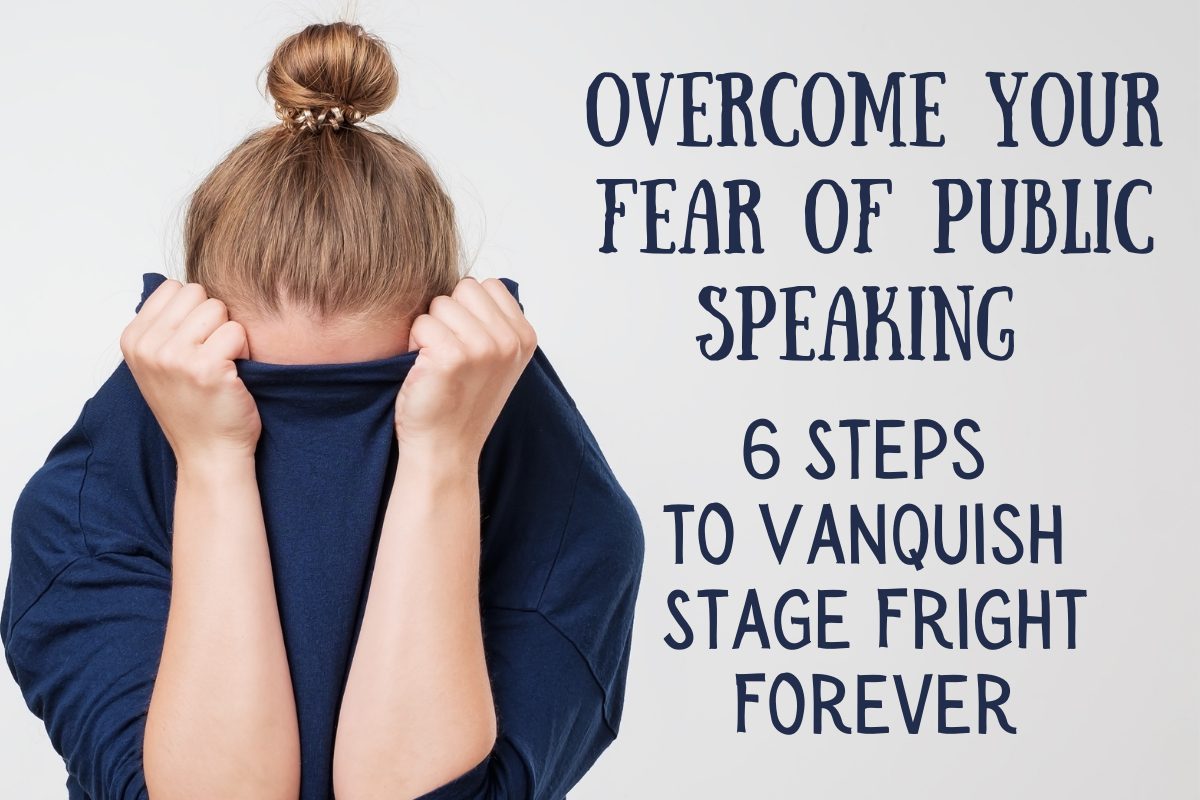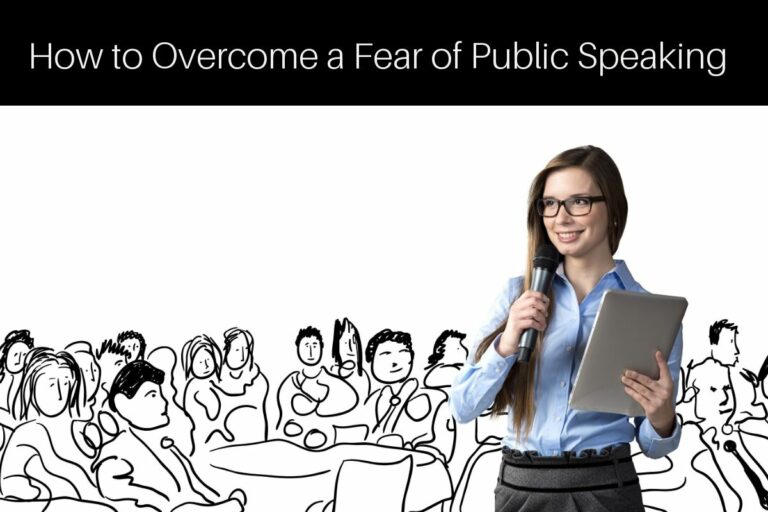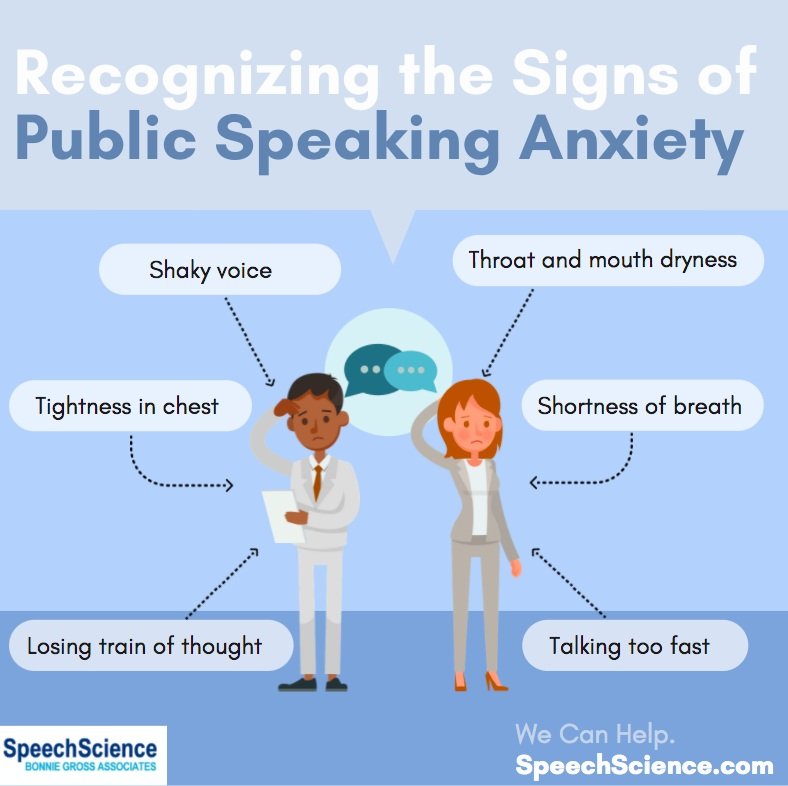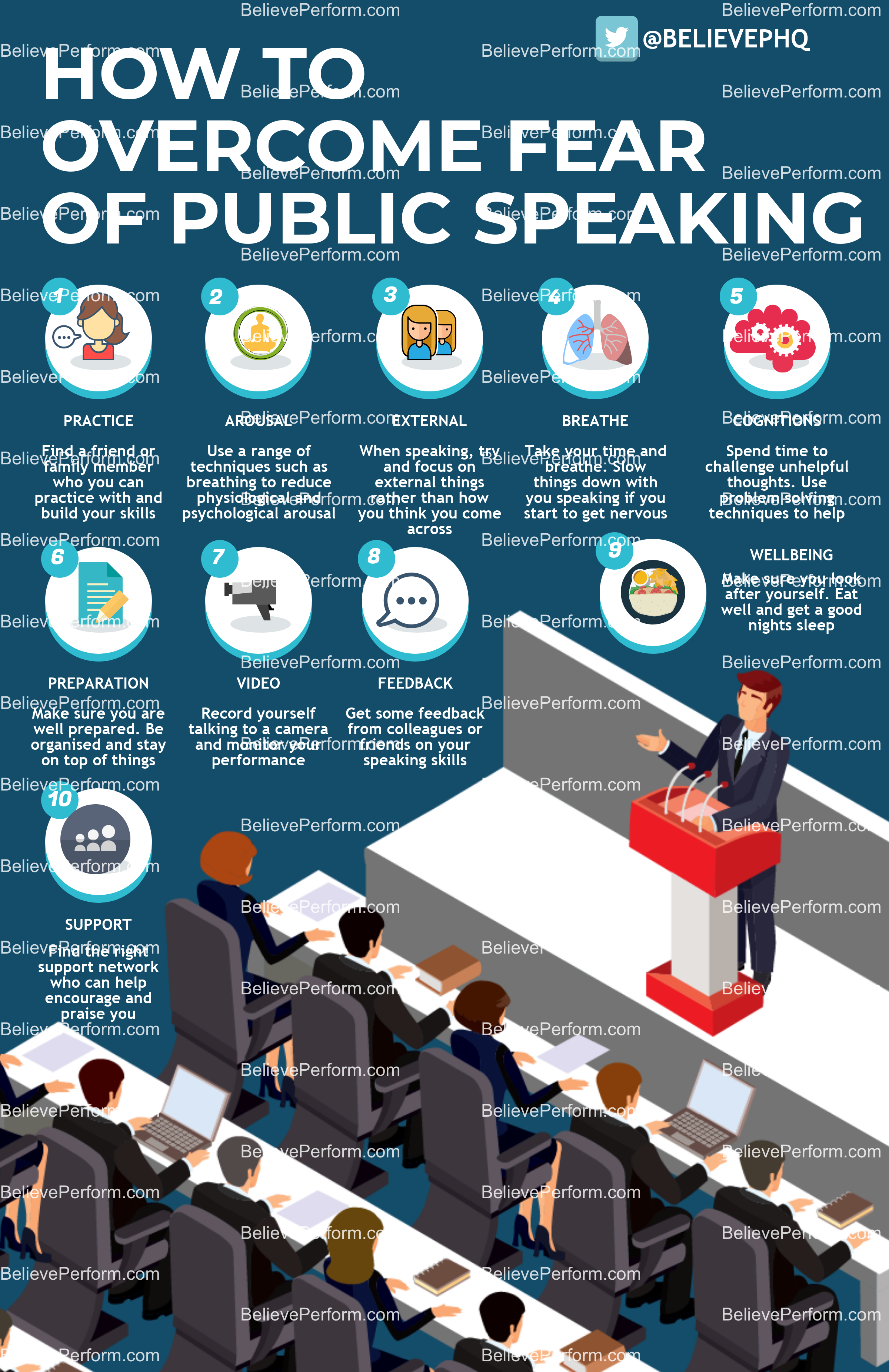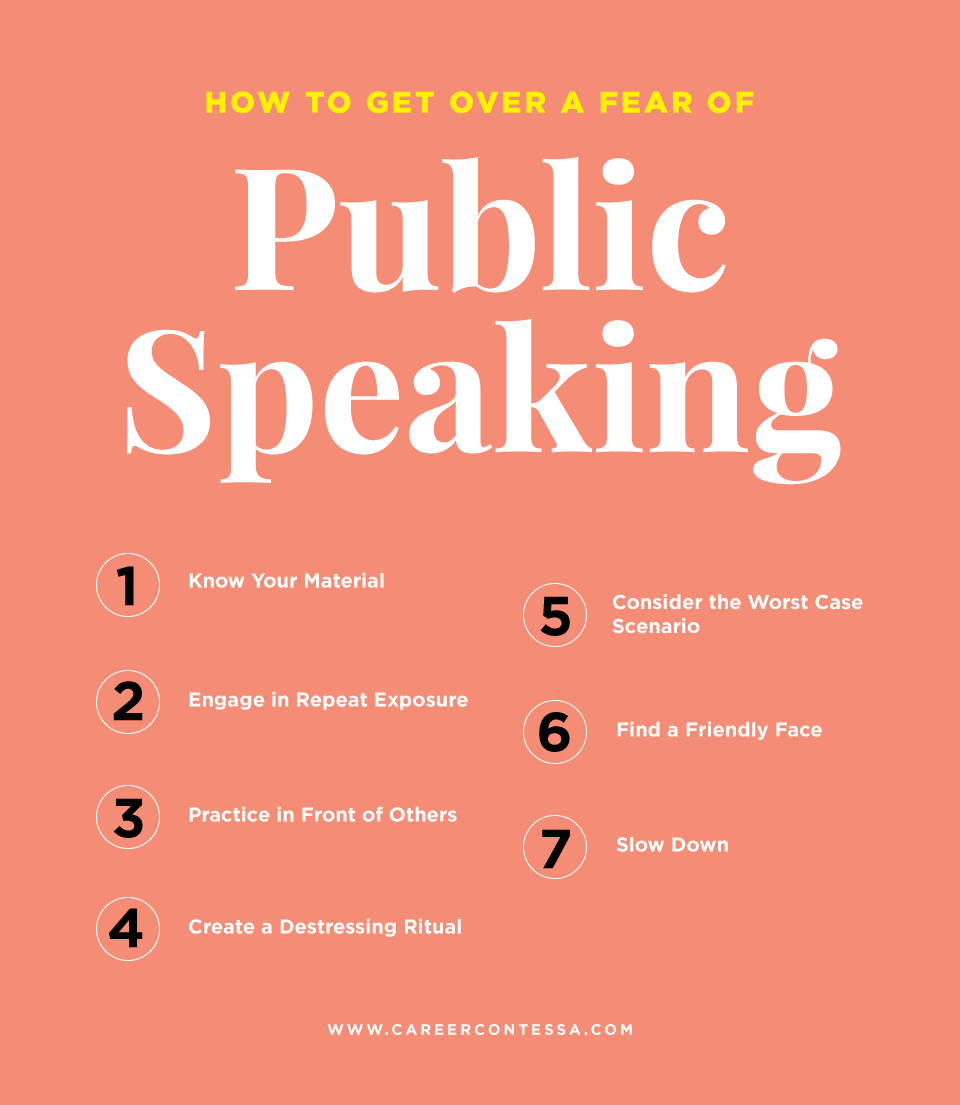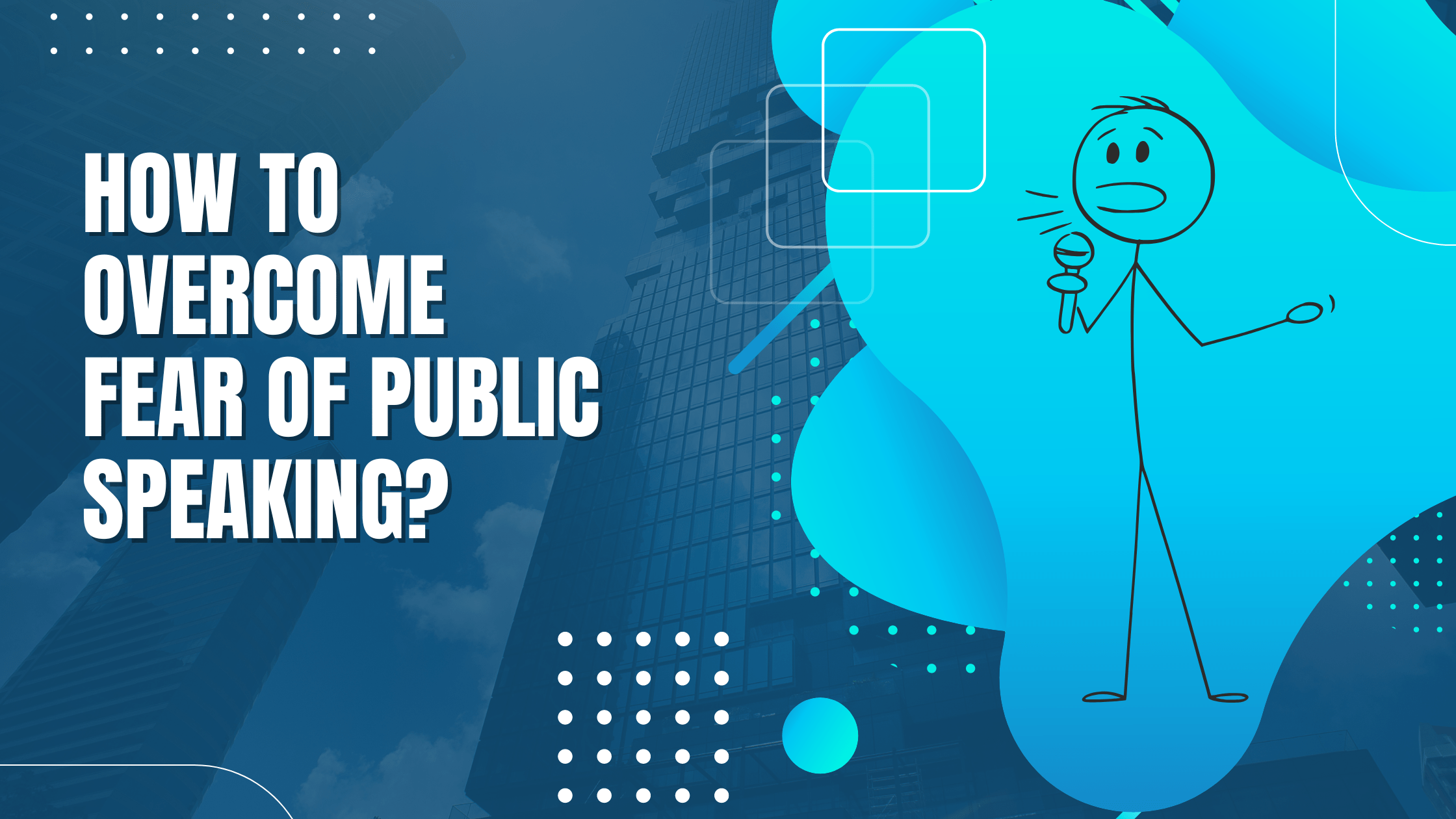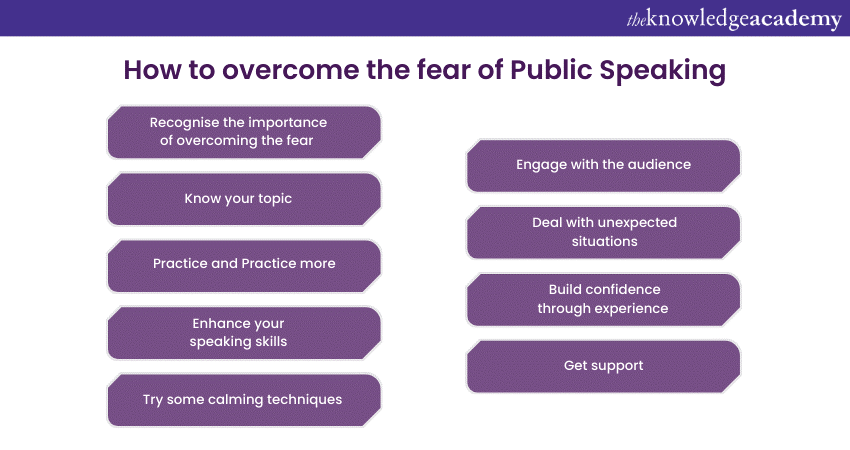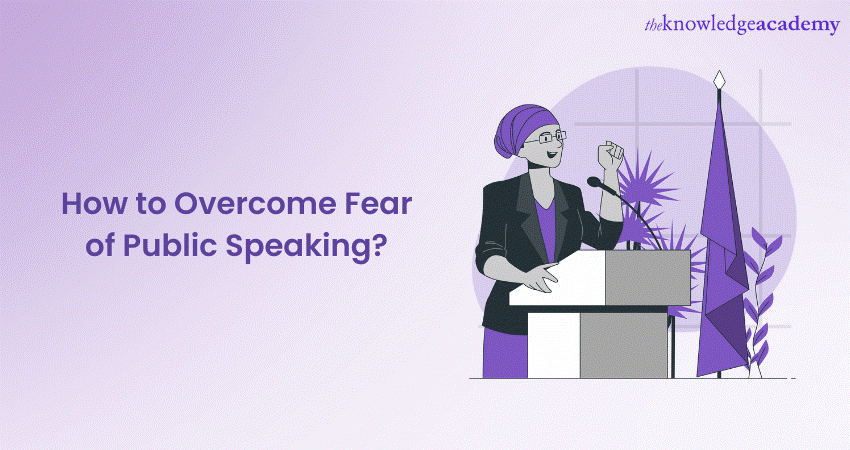How To Overcome Fear Of Public Speaking
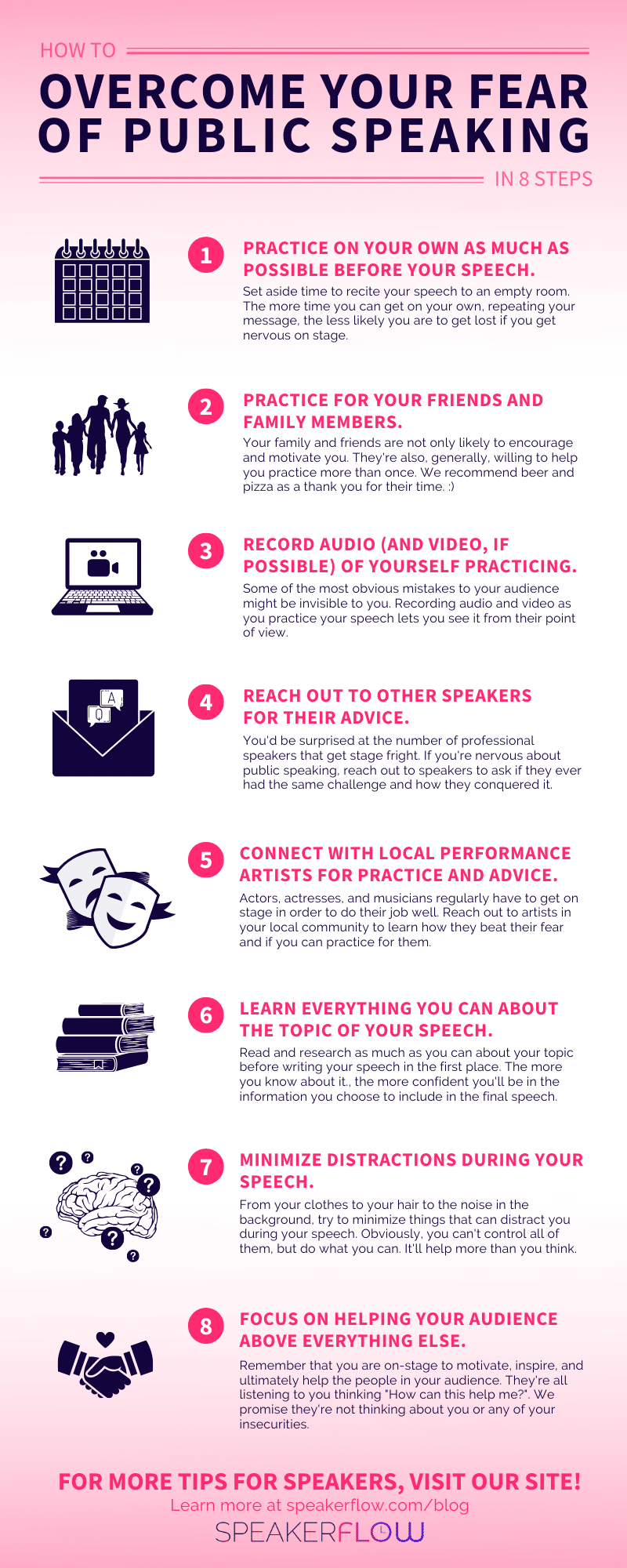
Imagine standing on a brightly lit stage, a sea of faces blurring into a single entity before you. Your heart hammers against your ribs, your palms are slick with sweat, and your carefully prepared words feel like a tangled mess in your throat. This scenario, terrifying to many, is the reality of public speaking, a skill often dreaded but undeniably essential.
Overcoming the fear of public speaking, or glossophobia, isn't about eliminating anxiety entirely; it's about managing it effectively. It's about transforming that nervous energy into a powerful tool for connection and communication. This article will guide you through proven strategies to conquer your fears and confidently command any room.
Understanding the Root of the Fear
For many, the fear stems from a deep-seated fear of judgment and potential embarrassment. We worry about stumbling over words, forgetting key points, or simply not being perceived as intelligent or engaging.
These anxieties are often amplified by negative self-talk and unrealistic expectations. Recognizing these patterns is the first crucial step towards managing them.
Acknowledging and Validating Your Feelings
It's important to acknowledge that feeling nervous is perfectly normal. According to the National Institute of Mental Health (NIMH), social anxiety, which contributes to the fear of public speaking, affects millions of adults.
Don't try to suppress your feelings; instead, validate them. Tell yourself, "It's okay to be nervous. I'm prepared, and I can do this."
Preparation is Key
Thorough preparation is your strongest ally. Start by clearly defining your message and structuring your presentation logically.
Practice your speech multiple times, ideally in front of a mirror or a small, supportive audience. The more familiar you are with your material, the more confident you will feel.
Practical Strategies for Success
Beyond preparation, specific techniques can help manage anxiety in the moment. Breathing exercises, for example, can calm your nerves and focus your mind. Taking slow, deep breaths before and during your presentation can significantly reduce feelings of panic.
Visualization is another powerful tool. Imagine yourself delivering a successful speech, feeling confident and engaging with your audience. This mental rehearsal can boost your self-assurance and reduce anxiety.
Engaging with Your Audience
Remember that public speaking is about connecting with your audience, not performing for them. Focus on delivering value and sharing your knowledge or perspective.
Make eye contact with individuals in the audience and speak in a conversational tone. Genuine enthusiasm and a desire to connect will resonate more strongly than flawless delivery.
"The human voice: It's the instrument we all play. It's the most powerful sound in the world, probably. It's the only one that can start a war or say 'I love you'." - Julian Treasure, sound expert and speaker.
Seeking Support and Practice
Consider joining a public speaking group like Toastmasters International. These groups provide a supportive environment for practicing your skills and receiving constructive feedback.
Practice is essential. The more you speak in public, the more comfortable and confident you will become. Start small, with informal presentations to friends or colleagues, and gradually work your way up to larger audiences.
The Transformative Power of Overcoming Fear
Overcoming the fear of public speaking is not just about improving your presentation skills; it's about personal growth. It's about building confidence, strengthening communication skills, and unlocking your potential to influence and inspire others.
It allows you to share your ideas, advocate for your beliefs, and connect with people on a deeper level. The journey may be challenging, but the rewards are immeasurable. Embrace the fear, learn from your experiences, and celebrate your progress.
So, take a deep breath, remember your strengths, and step onto that stage. Your voice deserves to be heard.



